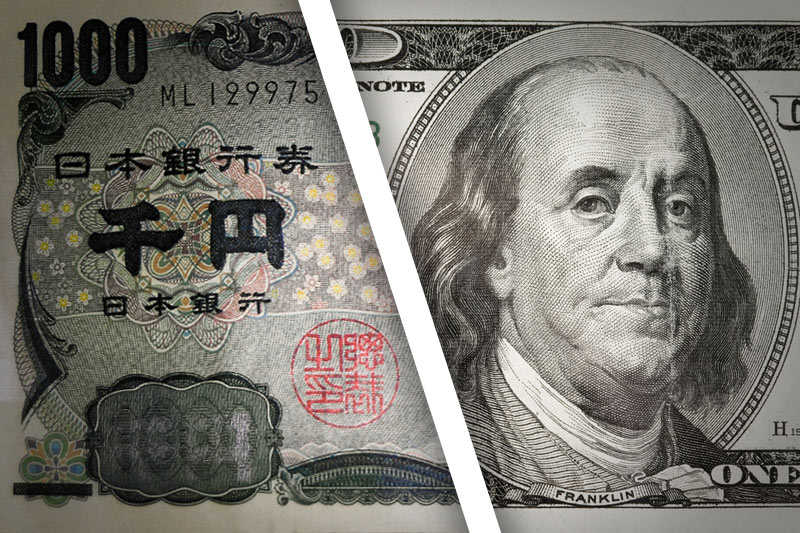Investing.com -- USD/JPY pared sharp losses on Thursday, as investors received a full day to digest the Federal Reserve's relatively neutral monetary policy statement ahead of a highly-anticipated meeting from the Bank of Japan to close the week.
The currency pair traded between 104.49 and 105.50 before closing U.S. afternoon trading at 105.32, down 0.08% on the session. Since hitting one-month highs last week at 107.48, the dollar has tumbled more than 1.4% against the Japanese Yen. More broadly, the greenback is still up by 2.43% versus its Japanese counterpart since July 12 when former Fed chair Ben Bernanke reportedly outlined the ramifications of a helicopter monetary policy on the Japanese economy at a Tokyo meeting with prime minister Shinzo Abe.
USD/JPY likely gained support at 102.79, the low from July 12 and was met with resistance at 107.48, the high from July 21.
Investors on global foreign exchange markets continued to react to Wednesday's interest rate decision from the U.S. central bank, after the Federal Open Market Committee (FOMC) left its benchmark Federal Funds Rate unchanged at a level between 0.25 and 0.50% at the conclusion of its July monetary policy meeting. Despite noting that near term risks to the economic outlook have diminished over the last month, the FOMC said it still expects that economic conditions may only warrant gradual increases in short-term interest rates in the coming months. For the most part, markets interpreted the statement as a dovish indication that the FOMC could delay the timing of its next rate hike beyond their next meeting in September. Following the release, the CME Group's (NASDAQ:CME) Fed Watch tool lowered the probability that the FOMC could raise interest rates in September to 18%, down from 20.3% earlier in the session.
Any rate hikes by the FOMC this year are viewed as bullish for the dollar, as foreign investors pile into the greenback in order to capitalize on higher yields.
The Yen initially soared against the Dollar in Thursday's session, amid signals that the Bank of Japan could fail to meet market expectations by approving only moderate easing measures at a highly-anticipated meeting on Friday. While Abe unveiled a broad ¥28 trillion stimulus plan on Wednesday, Reuters reported that the Japanese government may only provide as much as ¥7 trillion in direct fiscal stimulus. If Abe is unable to deliver on promises of jumpstarting the economy with a broad stimulus initiative, the Japanese Central Bank could feel added pressure to lower interest rates deeper into negative territory. The Yen has gained nearly 13% against the U.S. Dollar year-to-date.
The Japanese government is scheduled to release a slew of economic data ahead of the BOJ's press conference on Friday. Analysts expect that inflation in Japan fell 0.3% on an annual basis in June, one month after it declined by 0.4% year-over-year. Meanwhile, the June unemployment rate is expected to remain unchanged at 3.2%.
Yields on the U.S. 10-Year rose one basis point to 1.50%, while yields on the Japan 10-Year added two basis points to Negative-0.28%. Over the last year, yields on 10-year U.S. Treasuries have fallen more than 70 basis points.
Elsewhere, EUR/USD hit near two-week highs at 1.1119, before falling back slightly to 1.1080 (up 0.20%). GBP/USD fell 0.45% to 1.3161.
The U.S. Dollar Index, which measures the strength of the greenback versus a basket of six other major currencies, fell to a near two-week low at 96.25 on Thursday before rallying slightly to 96.69 at the close of U.S. afternoon trading. Earlier this week, the index hit a four-month high at 97.62.
